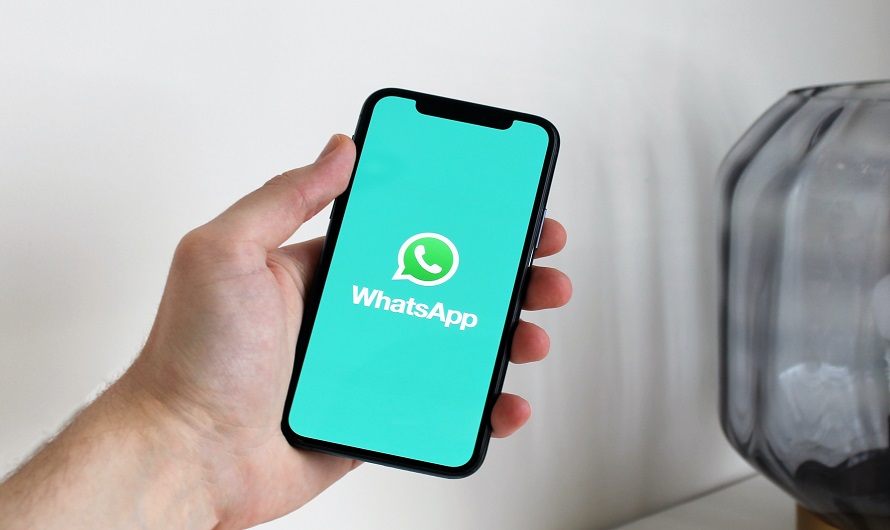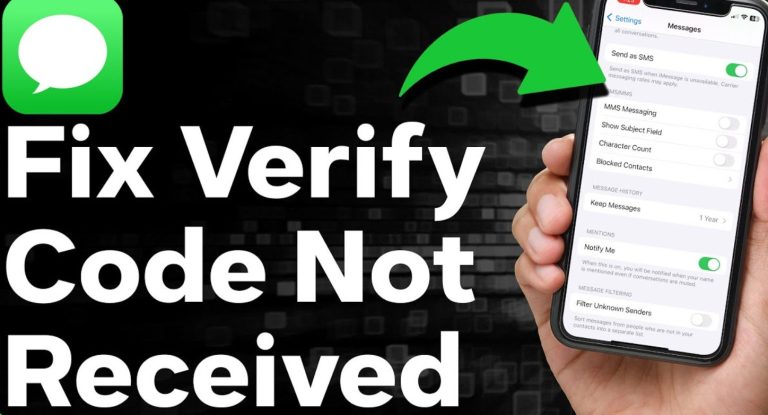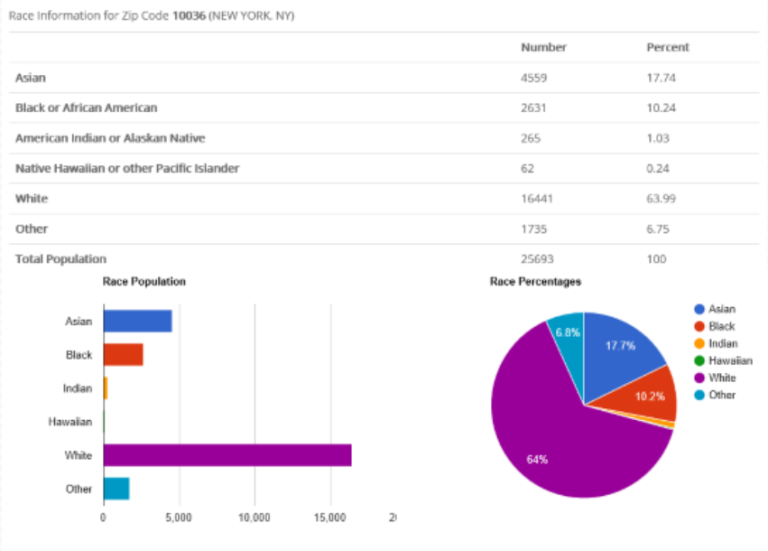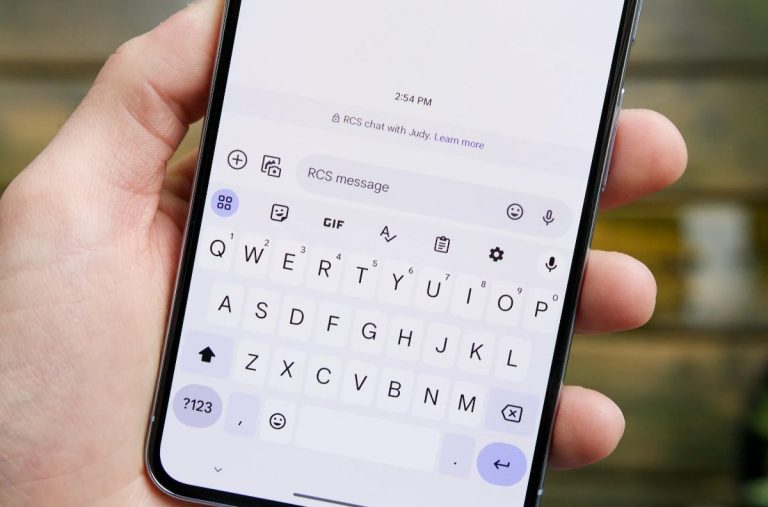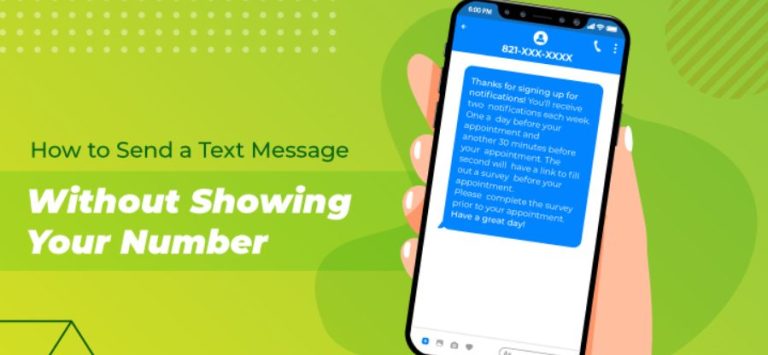In an era where digital communication reigns supreme, messaging apps like WhatsApp have become an integral part of our daily lives. With its user-friendly interface and end-to-end encryption, WhatsApp offers a secure and convenient way to connect with friends, family, and colleagues across the globe. However, amidst the convenience and popularity, a lingering question persists: Does WhatsApp messages show on your phone bill?
This comprehensive guide delves into the intricacies of WhatsApp messaging and its impact on your phone bill. We’ll explore the underlying technology, billing mechanisms, and potential scenarios that may affect your bill. Whether you’re a seasoned WhatsApp user or a newcomer to the platform, this article will equip you with the knowledge to make informed decisions about your communication habits.
Contents
Understanding WhatsApp’s Technology
Before we address the central question of does WhatsApp messages show on your phone bill, it’s crucial to grasp the fundamental technology behind WhatsApp. Unlike traditional SMS (Short Message Service) messages that rely on your cellular network, WhatsApp operates over the internet. This distinction has significant implications for billing and privacy.
When you send a WhatsApp message, it’s encrypted on your device and transmitted through the internet to WhatsApp’s servers. The message is then relayed to the recipient’s device, where it’s decrypted. This end-to-end encryption ensures that only the sender and recipient can read the message, enhancing privacy and security.
Since WhatsApp relies on the internet, it doesn’t directly utilize your cellular network’s SMS capabilities. Consequently, WhatsApp messages don’t typically appear as line items on your phone bill. However, there are nuances to consider, which we’ll explore in the following sections.
Billing Mechanisms: Data Usage and Charges
While WhatsApp messages themselves don’t show on your phone bill, the underlying data usage incurred by sending and receiving messages can impact your bill. WhatsApp utilizes your internet connection, either through Wi-Fi or mobile data, to transmit messages, photos, videos, and other media.
If you’re connected to Wi-Fi, your WhatsApp usage won’t directly affect your phone bill. However, if you’re relying on mobile data, your WhatsApp activity will contribute to your overall data consumption. Depending on your mobile plan, this could lead to additional charges if you exceed your data allowance.
It’s worth noting that WhatsApp’s data usage is generally efficient. Text messages consume minimal data, while photos, videos, and voice messages can use more data depending on their size and duration. If you’re concerned about data usage, you can adjust WhatsApp’s settings to limit automatic media downloads or restrict background data usage.
Potential Scenarios: When WhatsApp May Affect Your Bill
While WhatsApp messages typically don’t appear explicitly on your phone bill, there are certain scenarios where your WhatsApp usage may indirectly impact your bill. Let’s explore a few possibilities:
- Exceeding Data Limits: If you frequently use WhatsApp for sending large media files or engaging in prolonged voice or video calls, you may inadvertently exceed your monthly data allowance. This could result in overage charges on your phone bill. It’s advisable to monitor your data usage regularly and adjust your WhatsApp settings accordingly.
- Roaming Charges: When traveling abroad, using WhatsApp over mobile data can incur hefty roaming charges. These charges are imposed by your mobile carrier for accessing data networks in foreign countries. To avoid unexpected roaming fees, it’s recommended to connect to Wi-Fi networks whenever possible or disable data roaming on your device.
- Third-Party Apps and Services: Some third-party apps or services may integrate with WhatsApp and potentially access your messaging data. While this is relatively uncommon, it’s essential to be mindful of the permissions you grant to third-party apps. Always review privacy policies and terms of service before connecting external apps to WhatsApp.
Privacy Considerations: Beyond the Bill
While the question of does WhatsApp messages show on your phone bill is primarily concerned with billing implications, it’s equally important to consider privacy aspects. WhatsApp employs end-to-end encryption, ensuring that your messages remain private and secure. However, there are a few points to bear in mind:
- Metadata: While the content of your messages is encrypted, WhatsApp may collect metadata, such as the time and date of messages, phone numbers involved, and message duration. This metadata could potentially be accessed by law enforcement agencies or other entities with legal authorization.
- Backups: WhatsApp offers the option to back up your chat history to cloud storage services like Google Drive or iCloud. While these backups are encrypted, it’s important to remember that your data resides on third-party servers. Consider the privacy implications before enabling backups.
- Group Chats: In group chats, your messages are visible to all participants. Be mindful of the information you share in group chats, as it’s not subject to the same level of privacy as individual conversations.
Conclusion: WhatsApp, Your Bill, and Privacy
In conclusion, WhatsApp messages themselves don’t typically appear on your phone bill. However, your WhatsApp usage can indirectly affect your bill through data consumption, roaming charges, or potential interactions with third-party apps. To avoid unexpected charges, it’s advisable to monitor your data usage, be mindful of roaming fees, and review app permissions carefully.
Read More: Can I See Text Messages on T-Mobile Bill? A Comprehensive Guide

